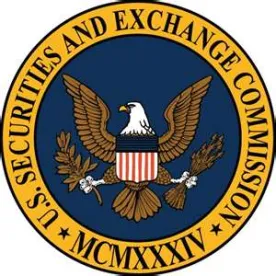Transfer agents provide a number of crucial services, primarily for publicly traded companies. Among other responsibilities, they maintain ownership records, record security transfers, issue and cancel certificates and distribute dividends. Since 1975, persons performing transfer agent services for public companies must be licensed by the “appropriate regulatory authority (“ARA”) pursuant to Section 17A(c) of the Securities Exchange Act of 1934. The ARA for banks, bank holding companies, and bank subsidiaries is one the banking regulators (Comptroller of the Currency, Board of Governors of the Federal Reserve System, and Federal Deposit Insurance Corporation), depending upon the type of institution. The ARA for all other issuers is the Securities Exchange Commission. The Exchange Act’s definition of “transfer agent” is found in Section 3(a)(25).
In the mid 1980s, the State of Nevada had laws allowing the Securities Division of the Secretary of State’s Office to regulate transfer agents. This legislation lapsed under a sunset provision but was restored in 2007. Nev. Stats. 2007, ch. 325, A.B. 25. Currently, NRS 90.310(3) requires any person transact business as a transfer agent in Nevada to obtain a license.
Last December, the SEC issued a concept release on transfer agent regulations. While the concept release includes a section discussing state regulation of transfer agents. The SEC seems to believe that the states only regulate transfer agents indirectly (e.g., pursuant to Article 8 of the UCC). The release notably omits any mention of Nevada’s licensing requirement.



 />i
/>i


